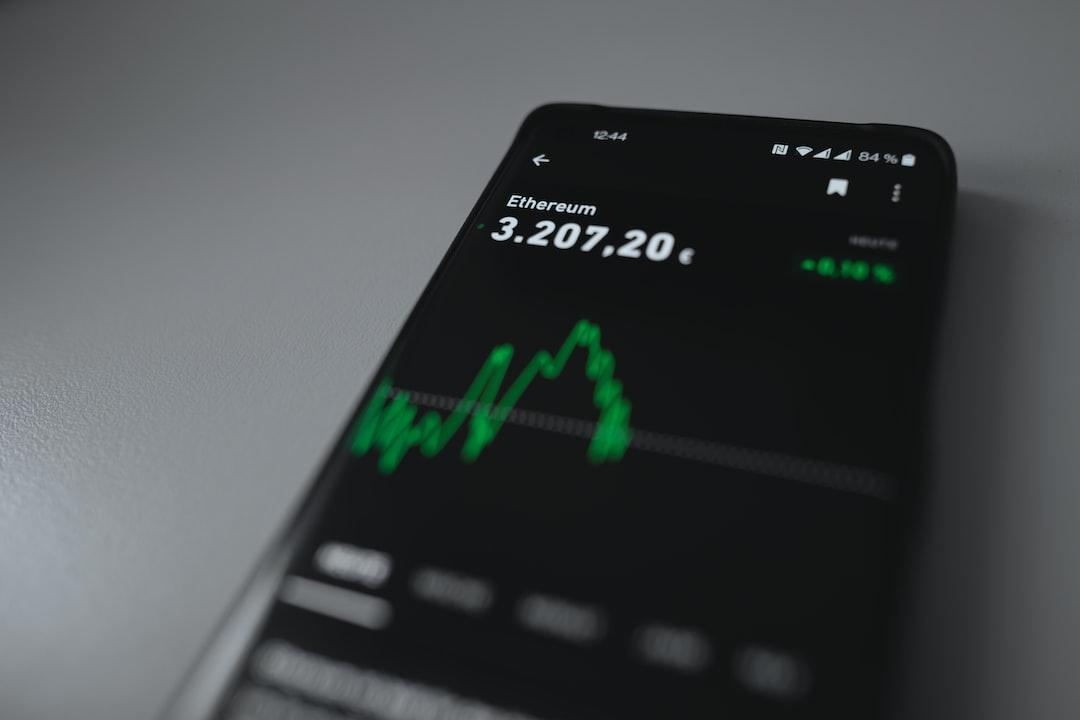After the recent approval of Ether exchange-traded funds (ETFs), industry experts gathered for a discussion hosted by Cointelegraph on X Spaces. The United States Securities and Exchange Commission (SEC) gave the green light to the 19b-4 filings from various ETH ETF applicants, including VanEck, BlackRock, Fidelity, Grayscale, Franklin Templeton, ARK 21Shares, Invesco Galaxy, and Bitwise.
Following the approval, Cointelegraph Managing Editor Gareth Jenkinson moderated a panel that included Bloomberg analyst Eric Balchunas, VanEck’s head of digital assets research Matthew Sigel, Consensys’ director of global regulatory matters Bill Hughes, and Animoca Brands co-founder Yat Siu.
What can we expect after the approval of Ether ETFs?
Balchunas predicts a scenario similar to what happened with Bitcoin ETFs. He compares it to a “carbon copy horse race,” where the same issuers will launch their ETFs on the same day. However, Balchunas believes that the ETH ETFs may have less trading volume compared to their Bitcoin counterparts.
Despite this, Balchunas suggests that traders might make interesting moves with the ETH ETFs. He notes the possibility of people shorting the ETF and buying ETH because it can be staked.
Sigel, representing one of the ETF issuers, emphasizes their intention to present a compelling investment case for Ethereum. VanEck has been working on finding the optimal combination of Bitcoin and Ethereum and plans to release their analysis soon. Sigel also believes that there are many tech and equity investors who are unaware of Ethereum’s vibrant decentralized application (DApp) ecosystem, and they are looking for assets with intrinsic value.
The U.S. doesn’t want to lag behind
Siu, who collaborates with the Hong Kong government to promote Web3 development, anticipates more developments as the U.S. enters the competition in the crypto and Web3 space. Hong Kong’s Securities and Futures Commission (SFC) already approved its first spot BTC and ETH ETFs on April 15. Siu believes that other jurisdictions will follow suit with their own crypto-based ETFs, as the U.S. wouldn’t want to play second fiddle to anyone.
Siu expects interesting developments and a shift in sentiment in the United States as more jurisdictions around the world embrace crypto ETFs.
Is Ethereum a security, currency, or commodity?
While the SEC did not explicitly classify ETH as a commodity, Hughes believes that the approval of spot ETFs implicitly acknowledges it as such. However, he suggests that the SEC should be more transparent about the implications of its rulemaking.
Despite the ETF approvals being seen as a win for the cryptocurrency industry, Hughes remains skeptical about whether the SEC will adopt a more lenient approach to crypto-related matters in the future. He also points out that this development may highlight tensions in the legal theories the SEC has been using to justify its enforcement actions.
In conclusion, the approval of Ether ETFs marks an important milestone in the cryptocurrency industry. It is expected to bring new opportunities for traders and investors, while also prompting further developments and potential regulatory shifts in the United States and beyond.

